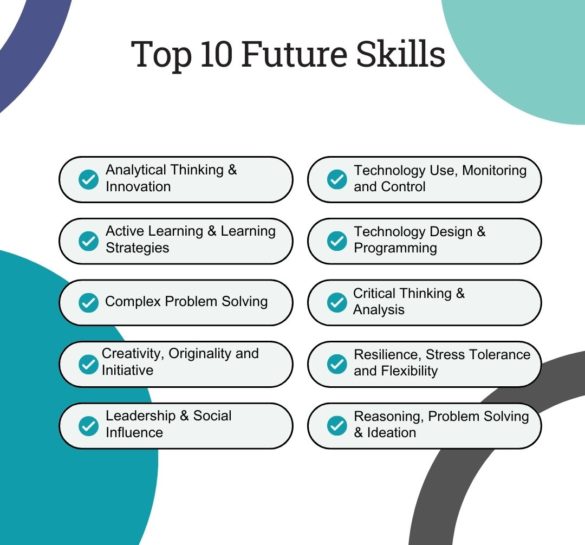Ashorne Hill delivers these highly experiential graduate learning solutions for graduate employers. Working closely with clients, Ashorne Hill design and develop programmes that closely meet organisational needs but always keeps the learner experience front and centre throughout. Organisations choose from a comprehensive blend of digital, virtual, classroom-based, and work-based environments which encourage social learning, dialogue, problem-solving, decision-making, play, challenge, and application in the workplace, all of which have experiences weaved through them to help participants learn new skills and become effective learners ready to respond to challenges with confidence.
In early career stages, experiential learning in psychologically safe environments is a powerful tool to accelerate graduate career paths, filling the talent pipeline with graduates who easily contribute and add value faster and are more prepared for an unknown world.
Futureproofing will rely on organisations creating cultures where people seek learning moments in everything they do and feel encouraged to reflect, adapt, and grow, supported by flexible and inclusive experiential learning programmes. Establishing a learning culture is a critical step-change for organisations looking forward to welcoming the class of 2030 into their workplaces, and we’re here for it.





